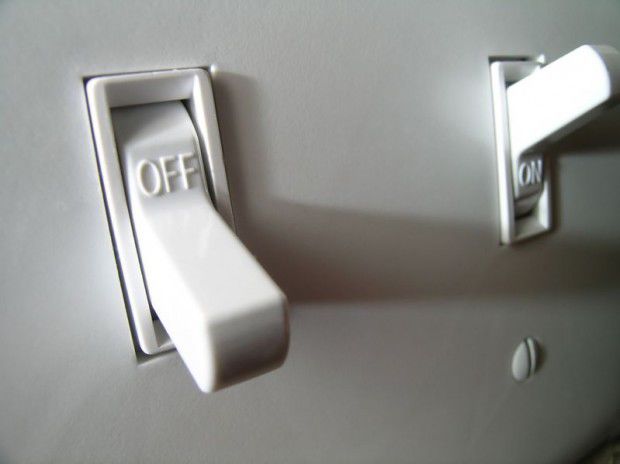Utilities can't keep their corporate tax cut; the money belongs to consumers
For most companies, the big federal tax cut flows straight to the bottom line. Regulated utilities, however, may have to pass the windfall to consumers instead.
The Missouri Public Service Commission has opened a docket item that asks utilities to calculate their tax savings and suggest an “appropriate mechanism” for changing customers’ rates.
Other states are doing the same thing, and a few companies have already pledged to share the savings. Commonwealth Edison, which serves the Chicago area, filed a petition last week with the Illinois Commerce Commission to pass along $200 million in savings this year. The average electricity bill could fall by $2 or $3 a month, ComEd says.
St. Louis area utilities haven’t come up with such an estimate yet, but they acknowledge ratepayers’ claim on the money.
“We will pass these savings along to customers because it’s the right thing to do,” Spire spokeswoman Jenny Gobble said in an email. “We’re in the process of determining the amount of savings.”
Ameren’s vice president for tax, Kendall Coyne, said in a statement that the company was reviewing the federal changes.“We expect that Ameren’s customers will ultimately benefit from a reduction in the corporate income tax rate,” he added.
The Tax Cuts and Jobs Act, which President Donald Trump signed Dec. 22, cuts the corporate tax rate from 35 percent to 21 percent. Geoff Marke, chief economist for the Missouri Public Counsel’s office, did a back-of-the-envelope calculation and arrived at a savings of $125 million for Missouri utilities.
He’s hoping the PSC will press utilities to put the money in consumers’ pockets quickly. “The sausage-making that goes into regulation is slow,” Marke said. “Meantime, with every day that passes shareholders are collecting that revenue and utility customers aren’t.”
The PSC can include the tax changes in a pending rate case, such as the one Missouri American Water filed last year, or it can file a complaint alleging that a utility’s rates are too high.
The last time Congress made a big tax change, the PSC was able to negotiate rate reductions with most utilities. The agency’s 1987 annual report estimates that the Tax Reform Act of 1986 saved Missouri utilities $176 million a year. Within six months after the law took effect, the PSC had approved rate cuts totaling $135 million.
The issue could get complicated if utilities argue that their tax savings should be offset by other, rising costs. Southwestern Bell, a regulated telephone utility at the time, made that argument in 1987 and was eventually ordered to pass on $16 million of its $29 million in tax savings.
The principle, though, is clear: The money belongs to consumers.
“It should never be shareholders’ money, but states will have to take an affirmative action to claim it,” says David Springe, executive director of the National Association of State Utility Consumer Advocates. “I would hope by early spring, most of the states would take some sort of action.”
The savings may be greater in states such as Missouri that haven’t deregulated their electricity markets, says Tyson Slocum, director of the energy program at consumer group Public Citizen. In a deregulated state like Illinois, utilities will have to pass their savings along, but the separate companies that own power plants can probably keep their windfalls.
The Missouri PSC wants utilities to answer its questions by Jan. 31. Soon after that, it should start pressing the companies to give consumers what’s rightfully theirs.

